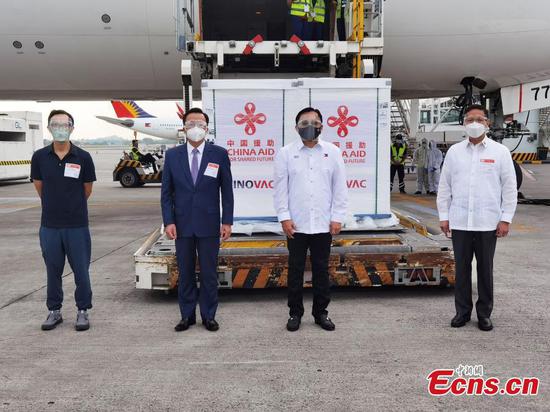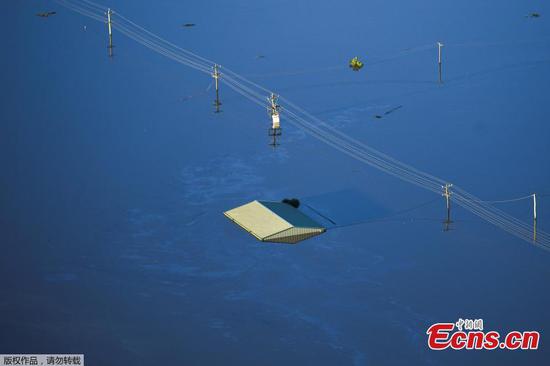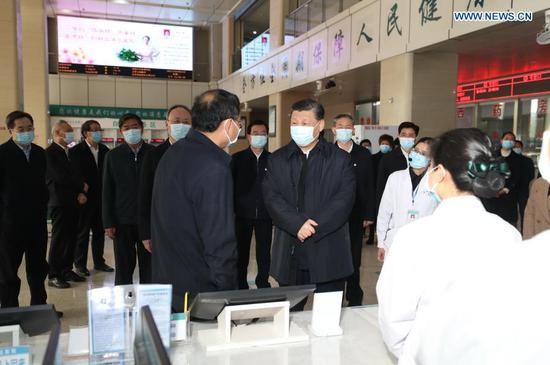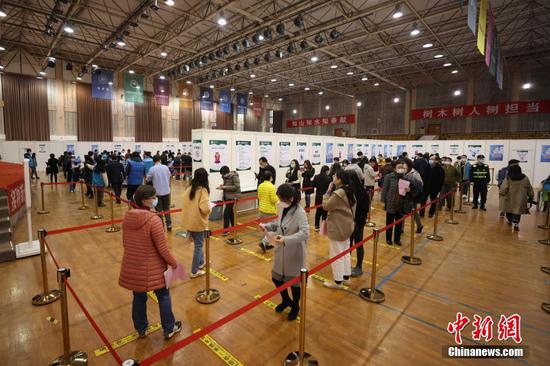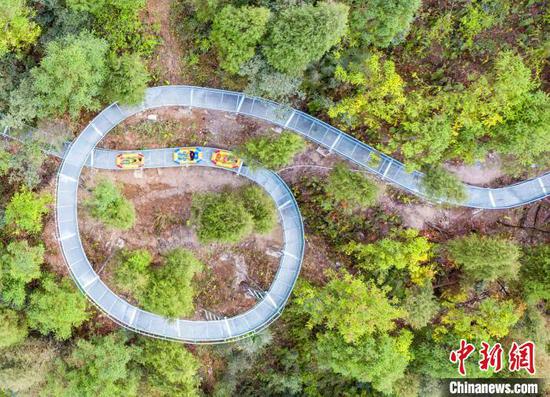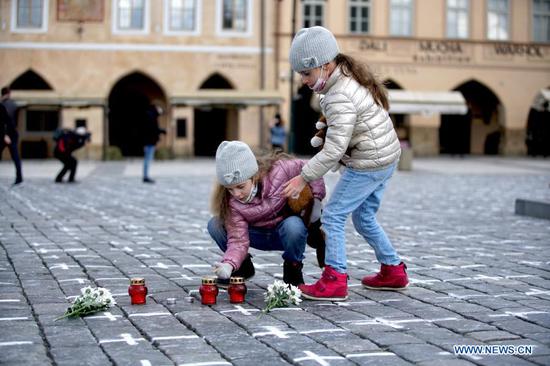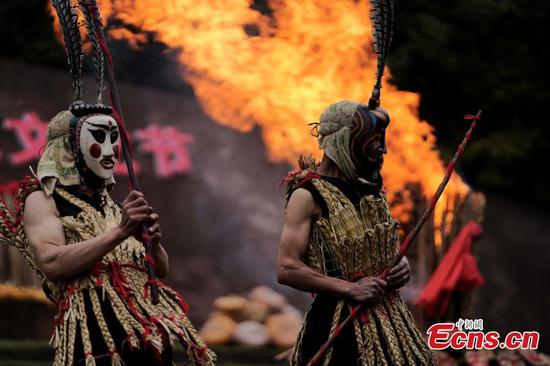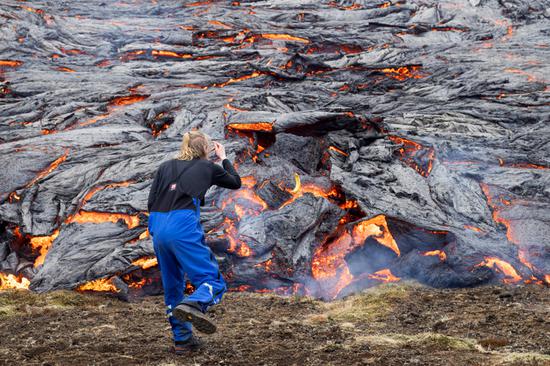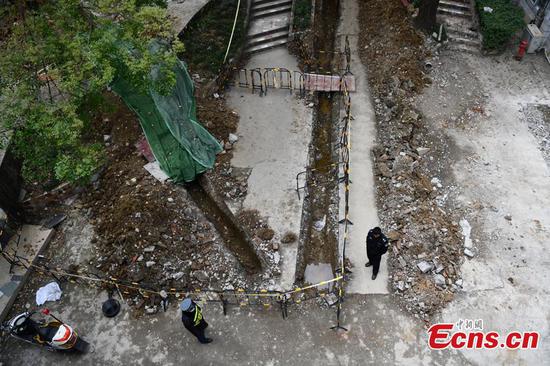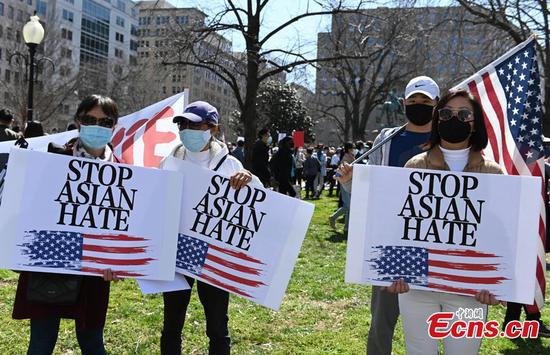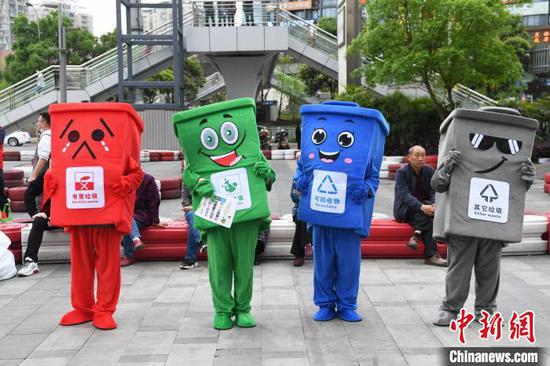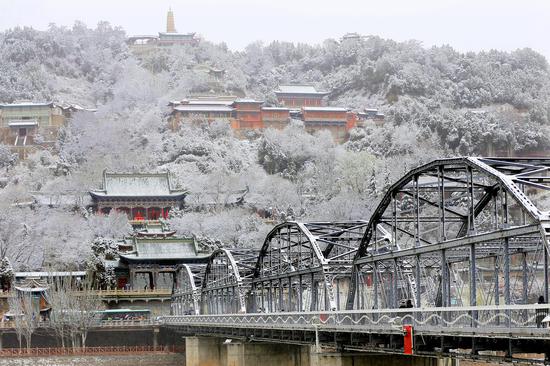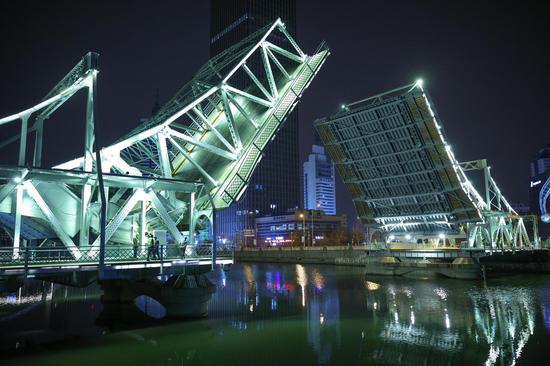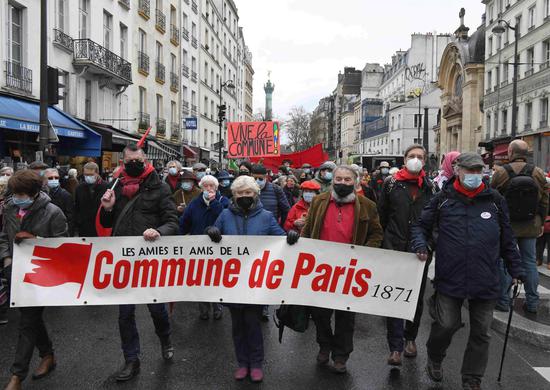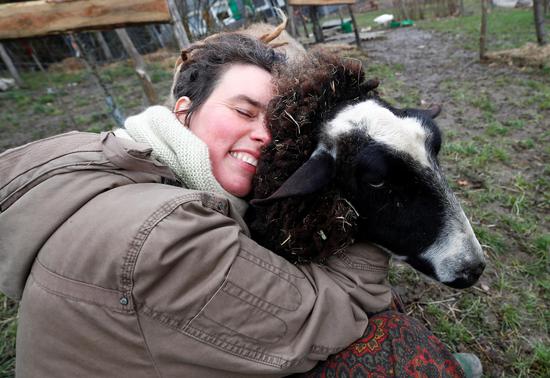The government of northwest China's Xinjiang Uygur Autonomous Region on Tuesday expressed firm opposition and strong condemnation of the European Union (EU)'s unilateral sanctions against some individuals and entities in Xinjiang.
The regional government said the sanctions turned a blind eye to facts, gravely violated international law and basic norms governing international relations and seriously interfered in China's internal affairs, adding that the decision made by the EU is a piece of waste paper.
"The accusations made by some people and media in the EU about 'genocide' in Xinjiang are nothing but lies of the century," said Elijian Anayit, spokesperson for the Xinjiang regional government.
The growth rate of Uygur population in Xinjiang is not only higher than that of Xinjiang's entire population, but also higher than that of other ethnic minorities, and more obviously higher than that of the Han population, he said.
In response to the EU's accusation that Xinjiang "restricts freedom of religious belief," he said that it was a complete slander, stressing that normal religious activities by Muslims in mosques and at their homes are carried out in accordance with their own will and are protected by law.
He pointed out that the conditions of religious sites in Xinjiang have been continuously improving over the years. Xinjiang now has 10 Islamic schools, which enroll nearly 1,000 students each year. Islamic classics such as the Koran have been translated and published in Chinese, Uygur, Kazak and Kirgiz languages.
Elijian Anayit solemnly declared that the EU's accusation of "cultural extinction" in Xinjiang is complete nonsense. He said Xinjiang has enacted a series of local laws and regulations in accordance with China's Constitution and other laws to effectively protect the languages and cultural rights of all ethnic groups.
The Xinjiang regional government invited EU envoys to visit Xinjiang many times, but they delayed the visits in every possible way for various reasons and even put forward unreasonable demands, according to Xu Guixiang, another spokesperson for the Xinjiang regional government.
To put it bluntly, they did not dare to face the real Xinjiang, fearing that the reality of a stable and prosperous Xinjiang, where people live and work in peace and contentment would expose their lies, Xu said.
The progress of human rights in Xinjiang is there for all to see. The actions of the United States, Britain, Canada and the EU not only triggered deep indignation among the Chinese and people of all ethnic groups in Xinjiang, but were also spurned by the larger international community, he said. Enditem









